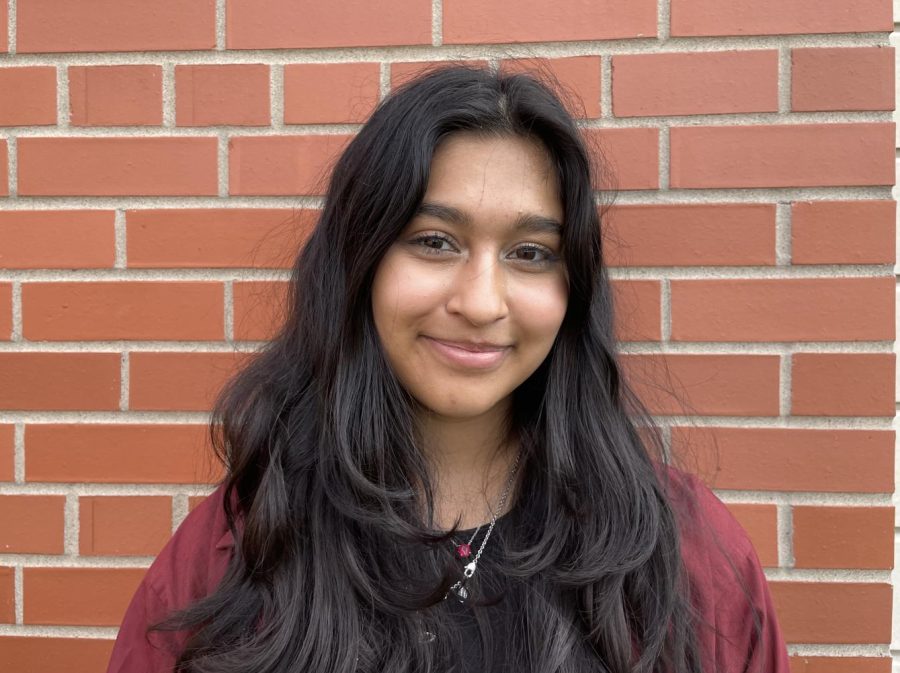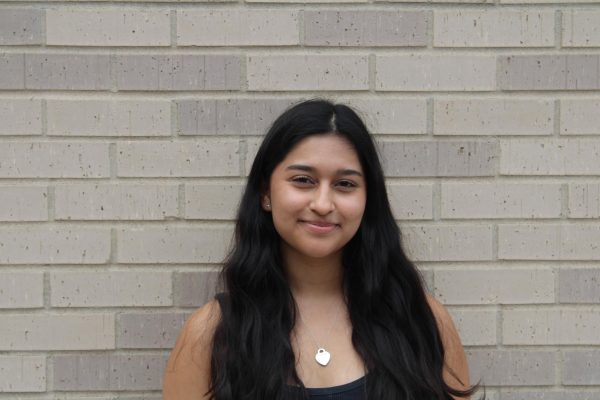IB lacks accessibility
IB diploma program is exclusive, confusing
March 26, 2023
If you’ve been at Park for over a year, you’ve heard that we’re an International Baccalaureate (IB) school. However, this phrase doesn’t mean much to most people. Until high school, the IB program presents itself simply as a few extra projects throughout fifth and eighth grade and an uncommon grading scale (1-8) versus the traditional letter grade system. Once they enter high school, students finally begin to understand what being an IB school truly means and how it opens up the opportunity to an international diploma program that most schools don’t offer. With such a rare and rigorous option at Park, you’d anticipate a good amount of honors students wanting to pursue the IB diploma program at Park. However, not many people take this track, which can largely be attributed to the lack of organization in this program at Park. As an incoming diploma candidate, I’ve found learning about the diploma track increasingly difficult.
The IB Diploma has strict requirements: you have to take three high-level (HL) IB classes and three standard-level (SL) IB classes or four HL classes and two SL classes. In addition to this, you must take two years of an IB language, complete a 4000-word extended essay, complete 100 hours of community service through the CAS (creativity, activity, service) program and take IB Theory of Knowledge (TOK). With such strict requirements, it’s clear that those that are interested in this program need to start planning their course selections for each year early on to set themselves up to meet all the course requirements in their junior and senior year. Despite this, Park doesn’t introduce the diploma program to most students until the end of their sophomore year. By that time, many students can no longer meet the HL v.s. SL requirements or fit enough classes into their schedule. If Park simply introduced this option in eighth grade or freshman year, it would be much easier for students to actually qualify for the IB diploma track.
Even if you do qualify for the IB diploma track, it feels like no one is 100% sure what the IB diploma track actually looks like. Between your counselor, your IB diploma coordinator and current IB diploma students, it’s hard to not receive conflicting information. Everyone seems to have a different idea of what classes you need to take and what classes you can self-study. Regarding self-studying, another issue that Park faces is the sheer amount of classes you need to take for the diploma. You need all of your “core classes,” as well as an additional semester of chemistry, a year of TOK and two years of an IB language. This leaves almost no room for additional electives. For the high-achieving students who aim for the IB diploma, this can be frustrating because they often are heavily involved in other school electives. Most people who pursue the diploma track end up having two or even three classes in one period.
While it’s hard to get around this issue, Park can do a few things to allow students to take more classes. Firstly, Park needs to stop cutting zero-hour classes. Choir used to offer a “zero-hour” option to students where they’d come in three days a week before school for choir. This was convenient because it allowed students who had three electives during their freshman or sophomore year to continue with their musical passions. With this school year, Park decided to cut the zero-hour for Choir, which is incredibly frustrating. Now, many of my peers have to pay to take Health online because they can’t fit all of their classes into their schedules. The IB diploma is all about learning in a wide range of areas, so it makes no sense for Park to limit the diploma students to three pre-selected electives.
The IB diploma track is an incredible opportunity for students at Park because it gives them a chance to expand their horizons in several different academic areas, while also gaining a competitive edge for college admissions. However, Park has made the option exclusive to just a handful of qualifying students instead of finding ways to encourage more people into the diploma track. While Park is already ahead of most schools in offering the diploma program in the first place, we still have a long way to go to fully capitalize on the potential benefits of this program for students at Park.




